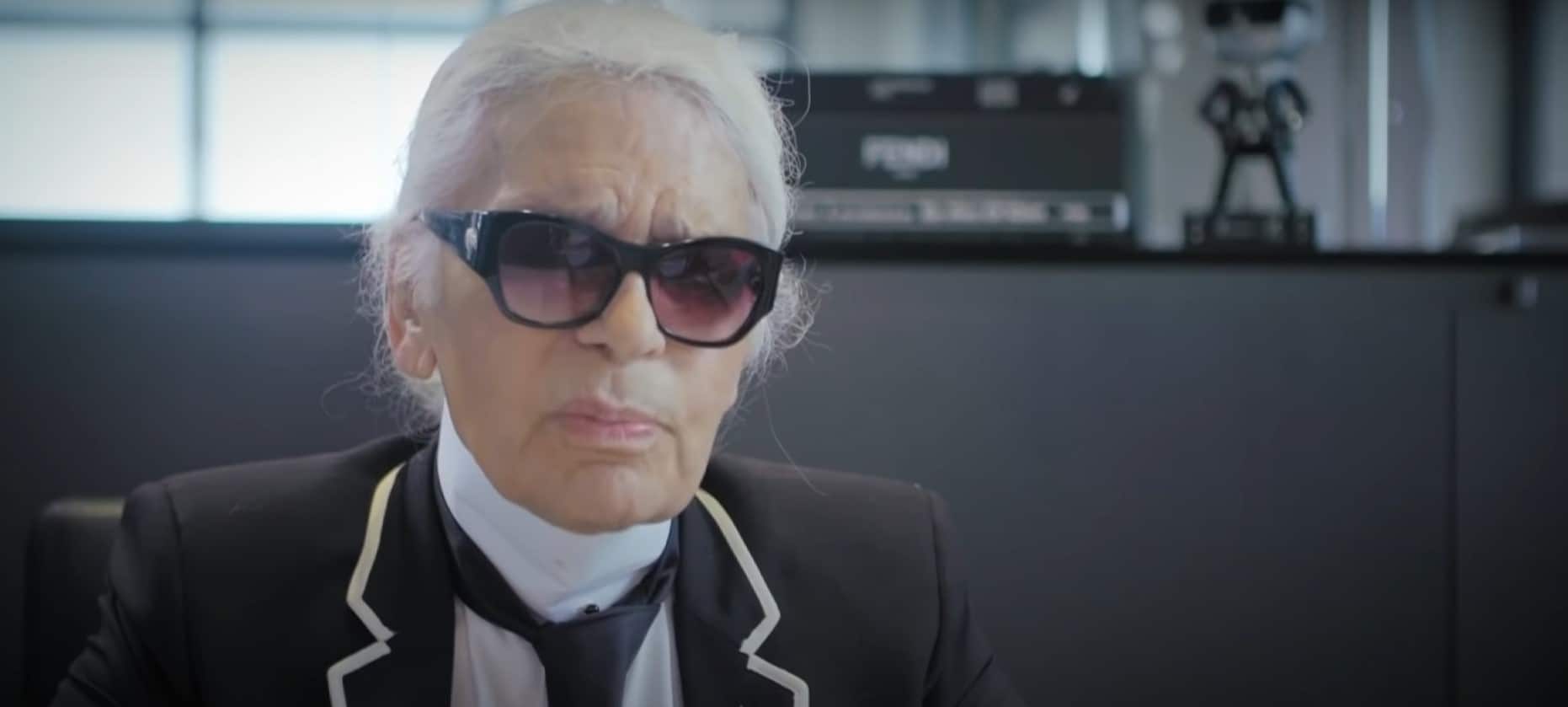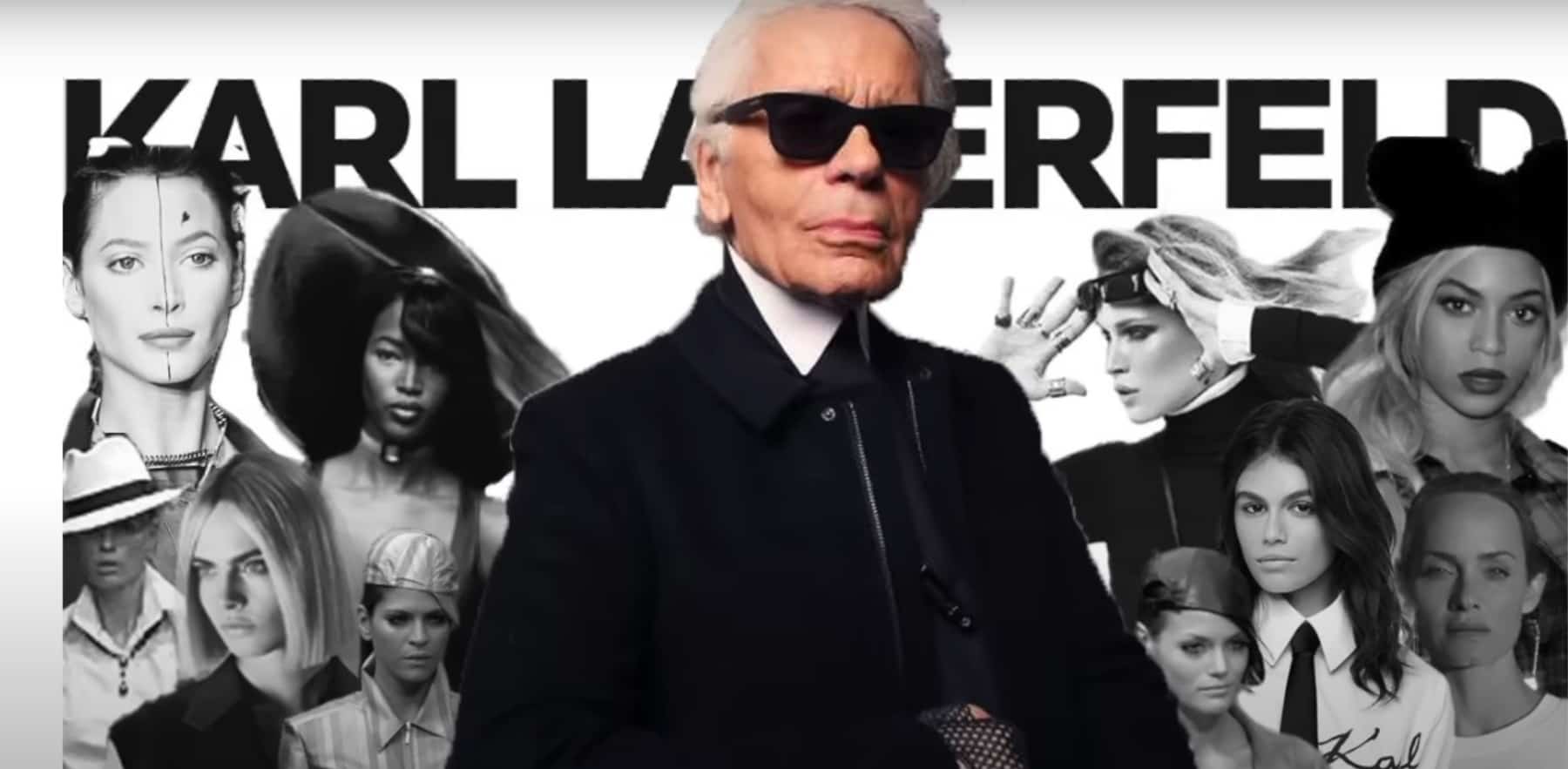I might ruffle a few fashionista feathers here with what I’m about to write. But woke culture wars are simply my thing. As it turns out, this year’s Met Gala, that elitist, cosmopolitan fashion venue where rich people rub elbows to show off how they like to run the world and rub their money in everyone’s faces, was no exception to the woke criticism agenda after the Met Gala organizers decided to make Karl Lagerfeld, the legendary head designer at Chanel for years the theme of the evening instead of some topic like “country,” or what have you.
As it turns out, some folks out there didn’t like celebrating a fashion icon because he had high aesthetic standards for things concerning fashion that, in today’s woke credo dispensations, pass as unacceptable. And those folks took to social media to protest about it. Lagerfeld, in his time, did some pretty amazing things, brought Gucci to its top game, and shocked many people with his opinions, fashion shows, and antics. So, let’s try to unpack the origins of the controversy.

The Met Honors Karl Lagerfeld And The Woke Mob Goes Bananas
When the Met Gala organizers decided to honor German fashion designer Karl Lagerfeld as the year’s theme, everyone was hyped about it. For one part, Lagerfeld was one of Anna Wintour’s —the Met Gala creator— besties and a well-respected institution in the fashion world. But soon, many within the woke mob started vocalizing their angst about the Met’s decision.
Most notably, actress Jameela Jamil complained about how Karl Lagerfeld was…well…Karl Lagerfeld by calling him a white man. That comment had a lot of traction with those siding with Jamil and those with a little more common sense —despite being also woke— like Cara Delevigne, who said that fashion is just like that, just like how Karl Lagerfeld was.
You see, Karl Lagerfeld embodied everything that makes fashion what it is. From hacking a glacier in Sweden to put it on his ready-to-wear collection to calling Adele “fat” or enforcing the beauty standards that put the fashion industry at the height of where it is today.
Those who criticize Lagerfeld for not using ethnically diverse models, enforcing the “thin” standard aesthetic —that made models like Heidi Klum, Claudia Schiffer, Gia Carangi, and Kate Moss the stars they are— and not being politically correct for some social dispensations are the same who can’t affirm that the fashion industry isn’t inclusive when brands like Gucci, and Louis Vuitton wave the banner of diversity to promote inclusion, dress their corporate image in rainbow colors during pride month, and give money to every progressive cause out there.
Also Read: 40 Best Fashion Movies To Watch Right Now
Lagerfeld Was Critical To Everyone, Even Himself
Thus the controversy of the Met Gala’s theme on Karl Lagerfeld isn’t much about Lagerfeld but rather about the same old group who complains about everything all the time, that’s a first-world vice, where societies and those in the upper echelons really don’t have to deal with real problems and instead, they create issues out of thin air.

Fat Lagerfeld
Yes, Lagerfeld said that nobody wants to see curvy women, and if you compare those Calvin Klein ads and Sports Illustrated Swimsuit Editions from the 1990s to the current ones, you’ll understand why behind those comments lies the ethos that aesthetics is a moral imperative. And Lagerfeld felt true to that ethos. Lagerfeld himself was obese and feeling bad about it; the man lost 92 pounds in a year instead of engaging in unhealthy life choices that now pass as “body positivity.”
Moreover, Lagerfeld, in his unique style, personified everything that’s bold, glamorous, and transgressive about fashion, those elements that ring a bell today in weird outfits, bad lifestyle choices, constant virtue signaling and validation seeking through Instagram likes, all those elements date back, ring back, have a common lineage to things that Lagerfeld did, whether those in the woke fashion industry like it or not.
And when it comes to superficial things like fashion, where aesthetics is the gist of it all, in the end, fashion never cares, nor never did, because it’s all about the next trend. Next year, no one will remember this so-called controversy, so it’s time to move on to the next thing.
Also Read: Who Is Randy Fenoli’s Partner? The Fashion Designer Recently Got Engaged




